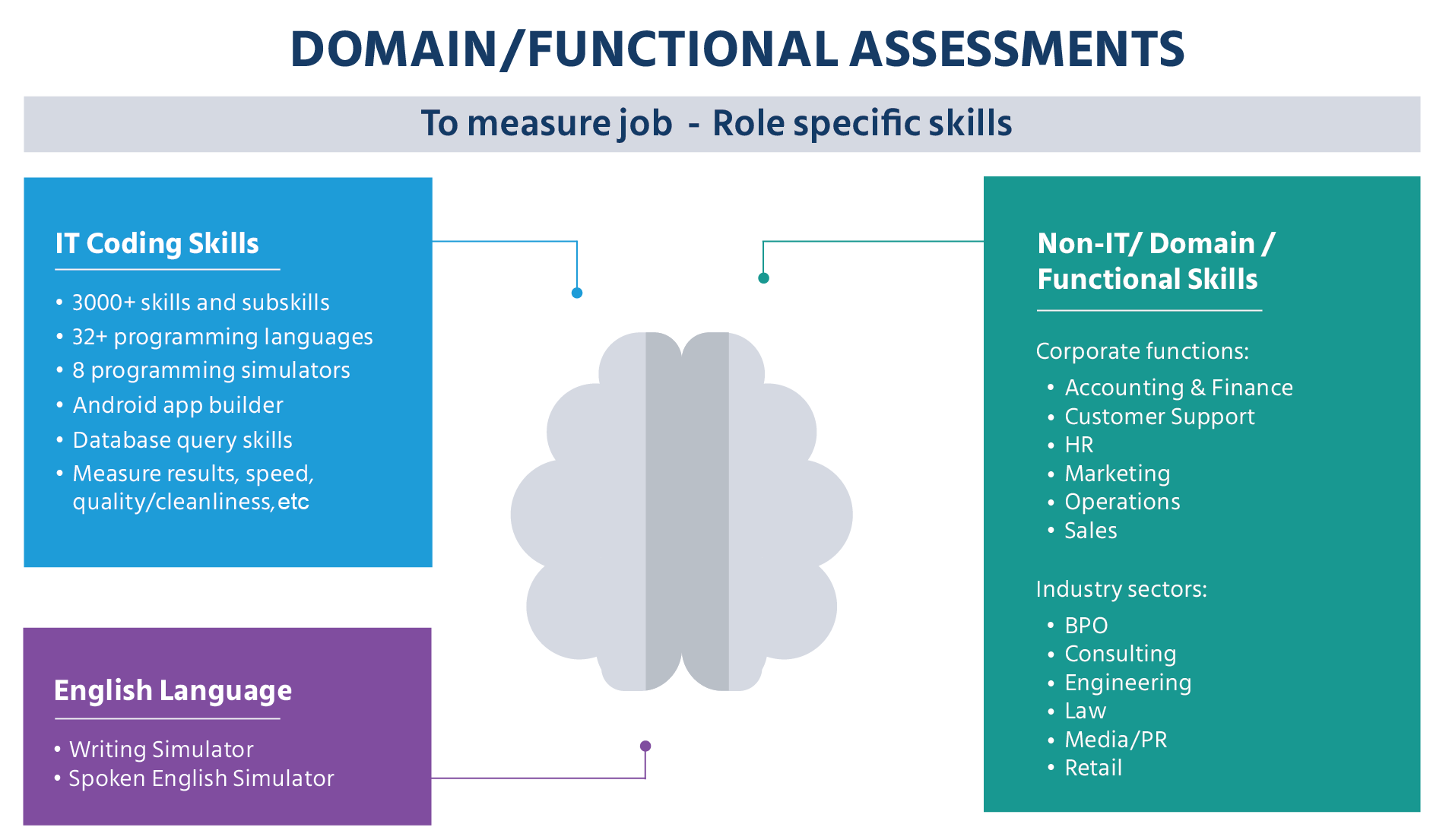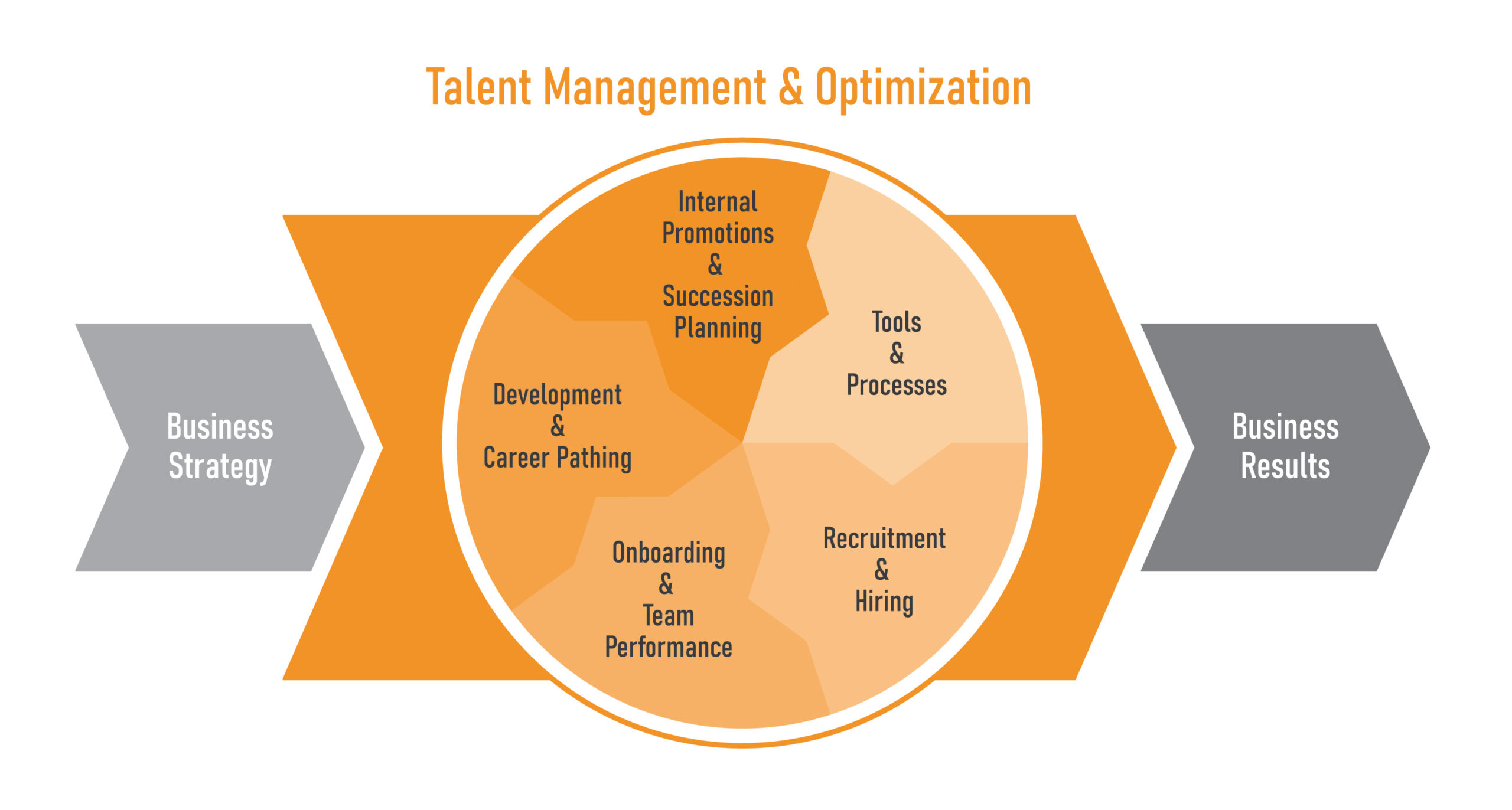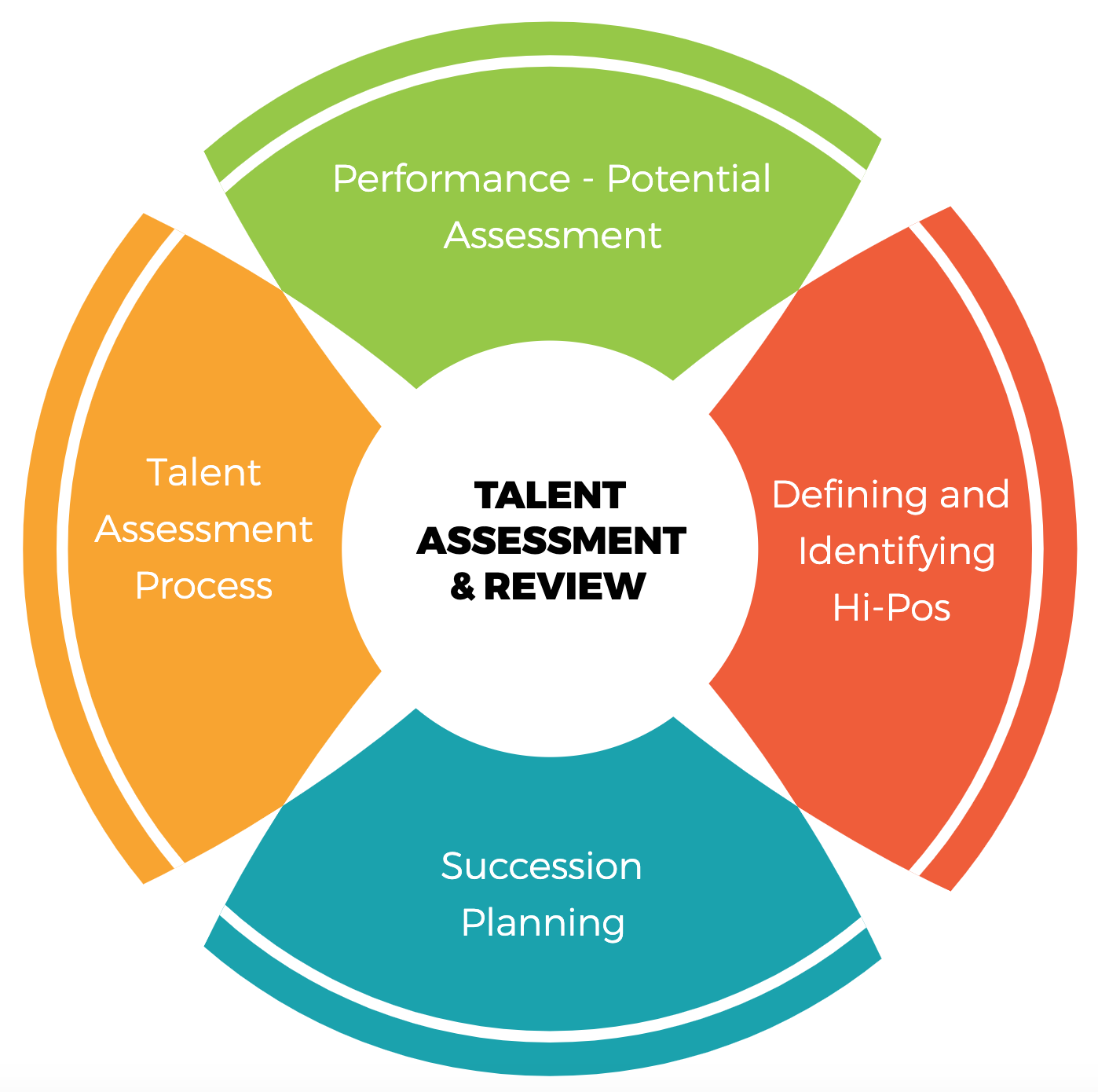Talent assessment tools are powerful tools that can help organizations make better hiring decisions, reduce turnover, increase employee engagement, and enhance professional development. These tools provide valuable insights into a candidate’s cognitive abilities, personality traits, behaviors, and skills, enabling organizations to identify the best candidates for a role and support their growth within the organization.
In this comprehensive guide, we’ll explore the different types of talent assessment tools available, discuss their benefits and challenges, and share best practices for using them effectively. By leveraging talent assessment tools, organizations can gain a competitive edge in attracting, developing, and retaining top talent.
Talent Assessment Tools Overview
Talent assessment tools are designed to evaluate and measure the skills, abilities, and potential of individuals. These tools are used by organizations to make informed decisions about hiring, promotion, and development.
There are several types of talent assessment tools, including:
- Cognitive ability testsmeasure general intelligence, problem-solving skills, and critical thinking.
- Personality testsassess personality traits, such as extroversion, introversion, and agreeableness.
- Behavioral assessmentsevaluate observable behaviors, such as communication skills, teamwork skills, and leadership skills.
- Situational judgment testspresent candidates with hypothetical scenarios and ask them to choose the best course of action.
- Work sample testsrequire candidates to complete a task or project that is similar to the work they would be doing in the job.
Advantages of Talent Assessment Tools
Talent assessment tools offer several advantages, including:
- Improved hiring decisions:Talent assessment tools can help organizations identify candidates who are a good fit for the job and the company culture.
- Increased productivity:By hiring the right people, organizations can improve productivity and reduce turnover.
- Enhanced employee development:Talent assessment tools can help organizations identify the strengths and weaknesses of their employees and develop plans for their development.
- Reduced bias:Talent assessment tools can help organizations reduce bias in the hiring process by providing objective data on candidates.
Disadvantages of Talent Assessment Tools
There are also some disadvantages to using talent assessment tools, including:
- Cost:Talent assessment tools can be expensive to purchase and administer.
- Time:It can take a significant amount of time to administer and score talent assessment tools.
- Accuracy:Talent assessment tools are not always accurate, and they can sometimes produce false positives or false negatives.
- Bias:Talent assessment tools can be biased against certain groups of people, such as minorities or women.
Types of Talent Assessment Tools

Talent assessment tools come in various types, each designed to measure different aspects of an individual’s abilities and potential. Understanding the different types of assessment tools can help you choose the right tools for your specific needs.
The following table provides a comparison of four common types of talent assessment tools:
Cognitive Ability Tests
- Measure general mental abilities such as reasoning, problem-solving, and memory.
- Can help identify individuals with high intellectual potential and strong cognitive skills.
Personality Assessments
- Measure personality traits, such as extroversion, agreeableness, and conscientiousness.
- Can help identify individuals who are likely to be successful in specific roles or work environments.
Behavioral Assessments
- Measure observable behaviors, such as communication skills, teamwork skills, and leadership skills.
- Can help identify individuals who have the skills and behaviors necessary for success in a particular role.
Skills Assessments
- Measure specific skills, such as technical skills, computer skills, or language skills.
- Can help identify individuals who have the necessary skills for a particular role or who are ready for promotion.
| Assessment Type | What it Measures | How it’s Used | Benefits |
|---|---|---|---|
| Cognitive Ability Tests | General mental abilities | Identify individuals with high intellectual potential | Predicts job performance |
| Personality Assessments | Personality traits | Identify individuals who are likely to be successful in specific roles | Helps understand workplace behavior |
| Behavioral Assessments | Observable behaviors | Identify individuals who have the skills and behaviors necessary for success in a particular role | Provides insights into job-related behaviors |
| Skills Assessments | Specific skills | Identify individuals who have the necessary skills for a particular role | Assesses job-specific skills |
Benefits of Using Talent Assessment Tools

Talent assessment tools offer a multitude of advantages that can significantly enhance your talent management processes. Here are some of the key benefits you can expect:
- Improved Hiring Decisions:By using talent assessment tools, you can objectively assess candidates’ skills, abilities, and personality traits, leading to better hiring decisions and reduced hiring costs.
- Reduced Turnover:By accurately identifying candidates who are a good fit for your organization, you can reduce employee turnover and save on the expenses associated with recruiting and training new employees.
- Increased Employee Engagement:When employees feel that they are placed in roles that match their strengths and interests, they are more likely to be engaged and productive.
- Enhanced Professional Development:Talent assessment tools can provide valuable insights into employees’ strengths and development areas, enabling you to create targeted development plans and support their career growth.
Challenges of Using Talent Assessment Tools

Talent assessment tools are valuable for evaluating candidates, but they also come with challenges that need to be considered.
Talent assessment tools are indispensable for identifying and nurturing talent within your organization. To enhance your talent assessment capabilities, consider exploring the flex tool box. This comprehensive suite of tools provides a range of assessments, simulations, and feedback mechanisms to help you accurately evaluate candidates and develop your existing talent pool.
Cost, Talent assessment tools
Talent assessment tools can be expensive, especially for organizations that need to assess a large number of candidates. The cost of purchasing the tools, training staff on how to use them, and administering the assessments can add up quickly.
Talent assessment tools provide a valuable means of evaluating an individual’s skills and abilities. For those using a Mac, the mac snip tool offers a convenient way to capture screenshots of talent assessment results, making it easier to share and review the findings with others.
Best Practices for Using Talent Assessment Tools

Talent assessment tools can be a valuable asset in the hiring process, but only if they are used correctly. Here are some best practices to follow:
Selecting the Right Tools for the Job
Not all talent assessment tools are created equal. It is important to select the right tools for the job. Consider the following factors when making your decision:
- The purpose of the assessment
- The job requirements
- The level of the position
- The budget
- The time frame
Administering the Assessments Fairly and Objectively
Once you have selected the right tools, it is important to administer the assessments fairly and objectively. This means:
- Providing all candidates with the same instructions
- Giving all candidates the same amount of time to complete the assessment
- Scoring the assessments using a consistent rubric
Interpreting the Results Accurately
Once the assessments have been administered, it is important to interpret the results accurately. This means:
- Understanding the meaning of the scores
- Considering the context of the assessment
- Consulting with experts if necessary
Using the Results to Make Informed Decisions
The results of talent assessment tools can be used to make informed decisions about hiring. However, it is important to remember that these tools are only one piece of the puzzle. Other factors, such as the candidate’s experience and qualifications, should also be considered.
FAQs
What are the benefits of using talent assessment tools?
Talent assessment tools offer numerous benefits, including improved hiring decisions, reduced turnover, increased employee engagement, and enhanced professional development.
What are the challenges of using talent assessment tools?
Some challenges associated with talent assessment tools include cost, time consumption, and potential for bias. It’s important to carefully consider these factors when implementing these tools.
How can I use talent assessment tools effectively?
To use talent assessment tools effectively, organizations should select the right tools for the job, administer the assessments fairly and objectively, interpret the results accurately, and use the results to make informed decisions.